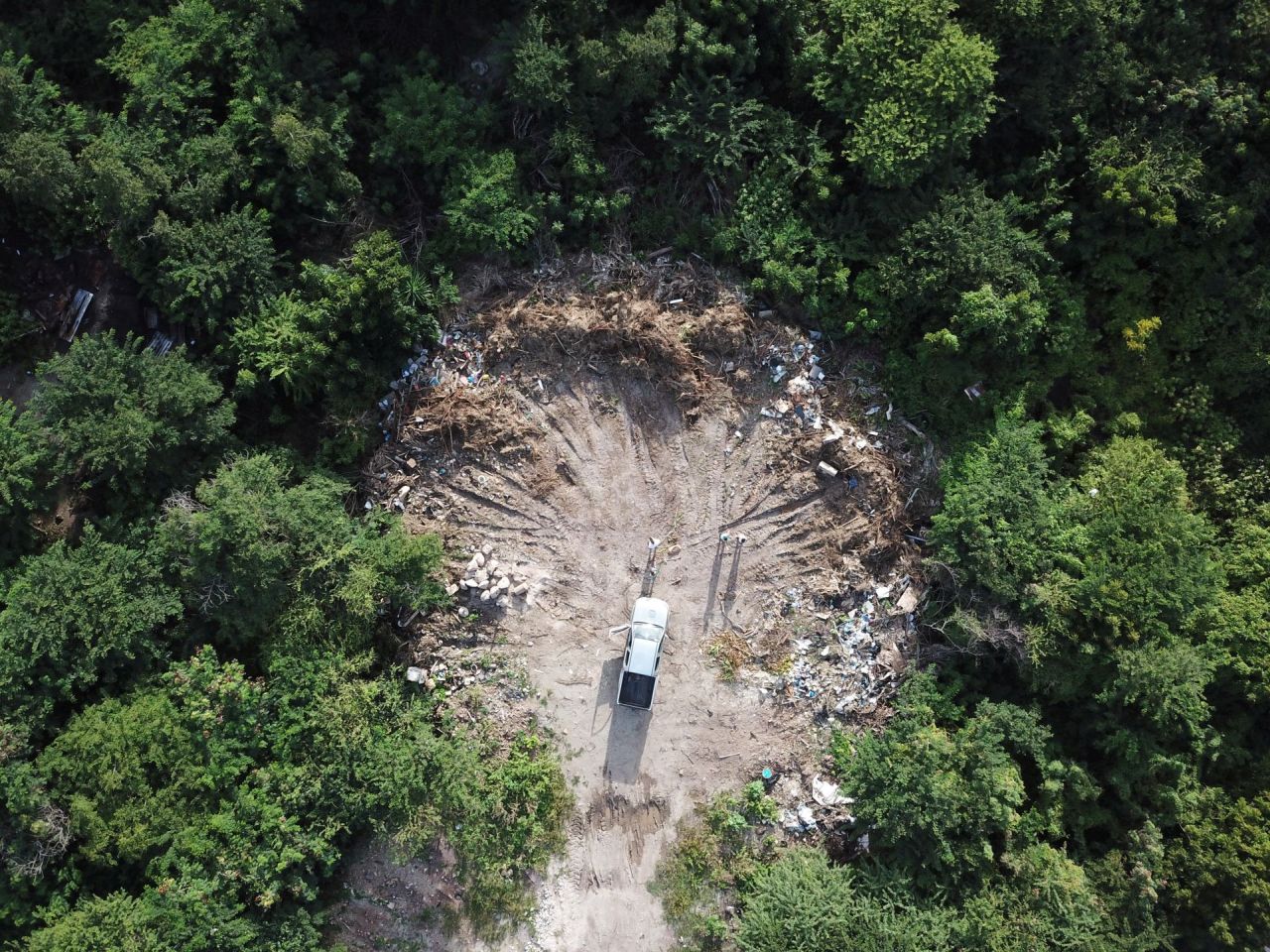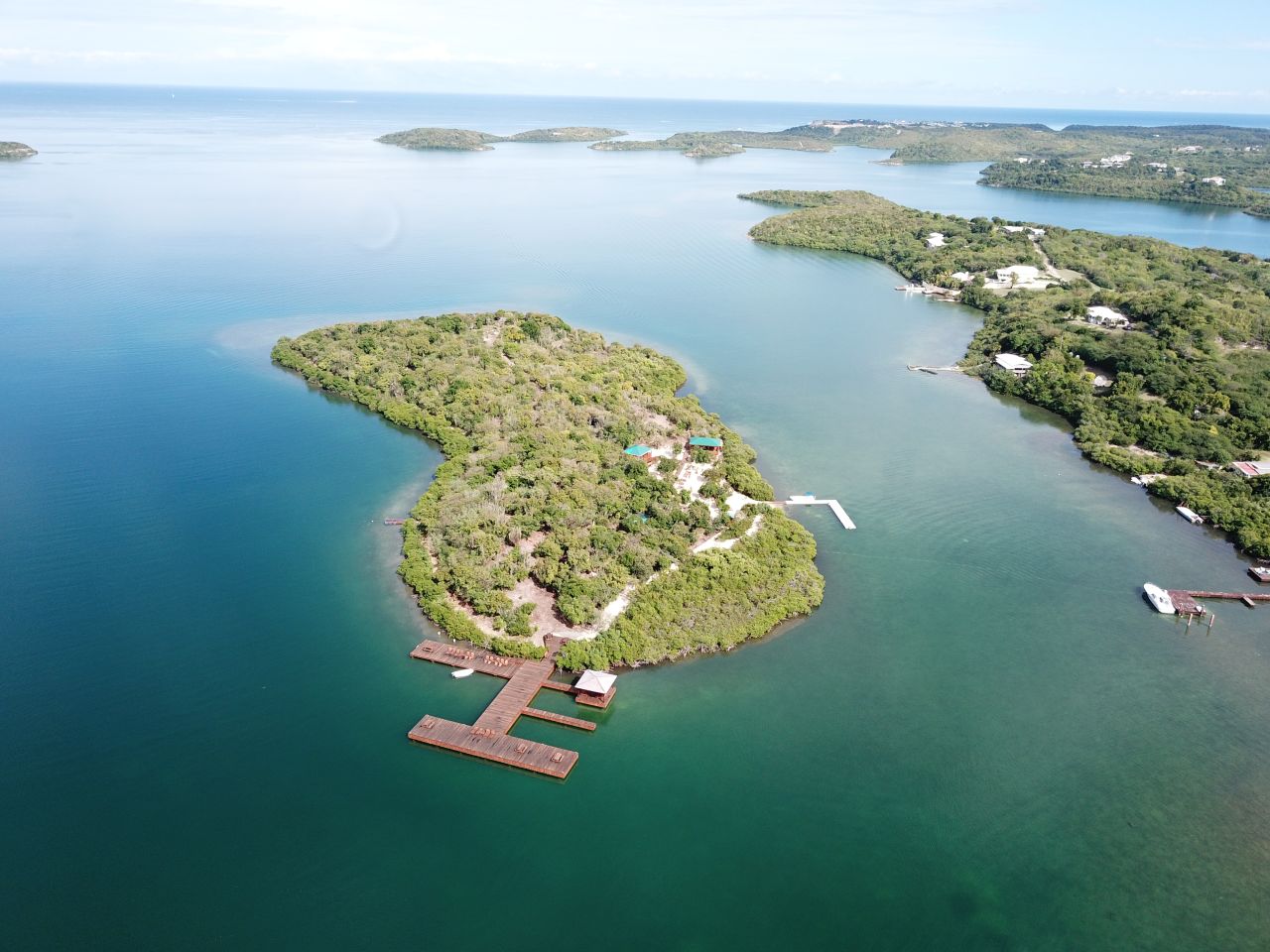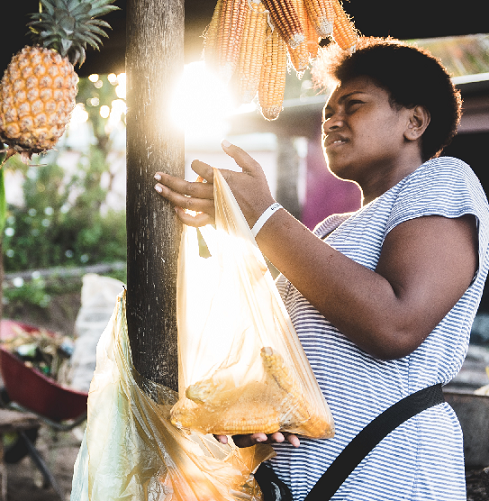From cleaner oceans to thriving communities: the economic impacts of plastic pollution
With support from the Norwegian Agency for Development Cooperation (Norad), the Plastic Waste Free Islands project focused on six islands in the Pacific and the Caribbean regions: Fiji, Samoa, Vanuatu, Antigua and Barbuda, Grenada, and Saint Lucia. Three new economic briefs for the Caribbean, and one for the Pacific region, demonstrate the impacts that plastic pollution has on the marine environment, livelihoods, and economic and social aspects of island life.
Marine plastic pollution has great economic and societal repercussions. Industries like tourism and fishing as well as communities rely on marine environments for their livelihoods, and marine pollution reduces these economic opportunities. Marine ecosystems also have immense cultural significance to communities and plastic pollution poses a threat to the cultural heritage and history we have preserved over time. The transboundary nature of the problem is more significant on islands, as many islands are tourism-dependent. A cleaner ocean is essential to the island communities’ well-being, biodiversity, and livelihoods.
Plastics impact fisheries through dumped catch, fouling incidents, net repairs and time lost cleaning nets; while ghost fishing can generate additional revenue losses. Tourism can be impacted when tourists are no longer willing to visit, due to plastic litter on beaches. In order to avoid this impact, beach clean-up costs need to be incurred. These, and other factors, are costs associated with marine plastic pollution.
These studies provide in-depth analysis of the economic impacts of plastic pollution on tourism and fisheries in Antigua and Barbuda, Grenada, Saint Lucia, and Fiji, and estimate direct costs for the economy of each island.
There is also a graphical summary document highlighting the economic impacts of plastic pollution in the Caribbean Sea as well as one for the Pacific. A one-page summary of each of the Caribbean reports is available in English, French, and Spanish on this page.
The three Caribbean briefs are in one compiled document posted here.
The individual economic briefs for the three Caribbean islands can be found at these links:
Antigua and Barbuda
Grenada
Saint Lucia
For the Pacific, the first report is from Fiji. Samoa and Vanuatu will follow shortly. Among the recommendations for Fiji to improve its waste management system, research cited in this report states that “it is important to promote plastic reduction…it is equally important to recycle plastic waste that has already been produced”. The solution that is analysed here is the establishment of a system in Fiji that would collect recyclable plastics, and separate and recycle them, while also having the capacity to receive materials from other places, such as Samoa.



